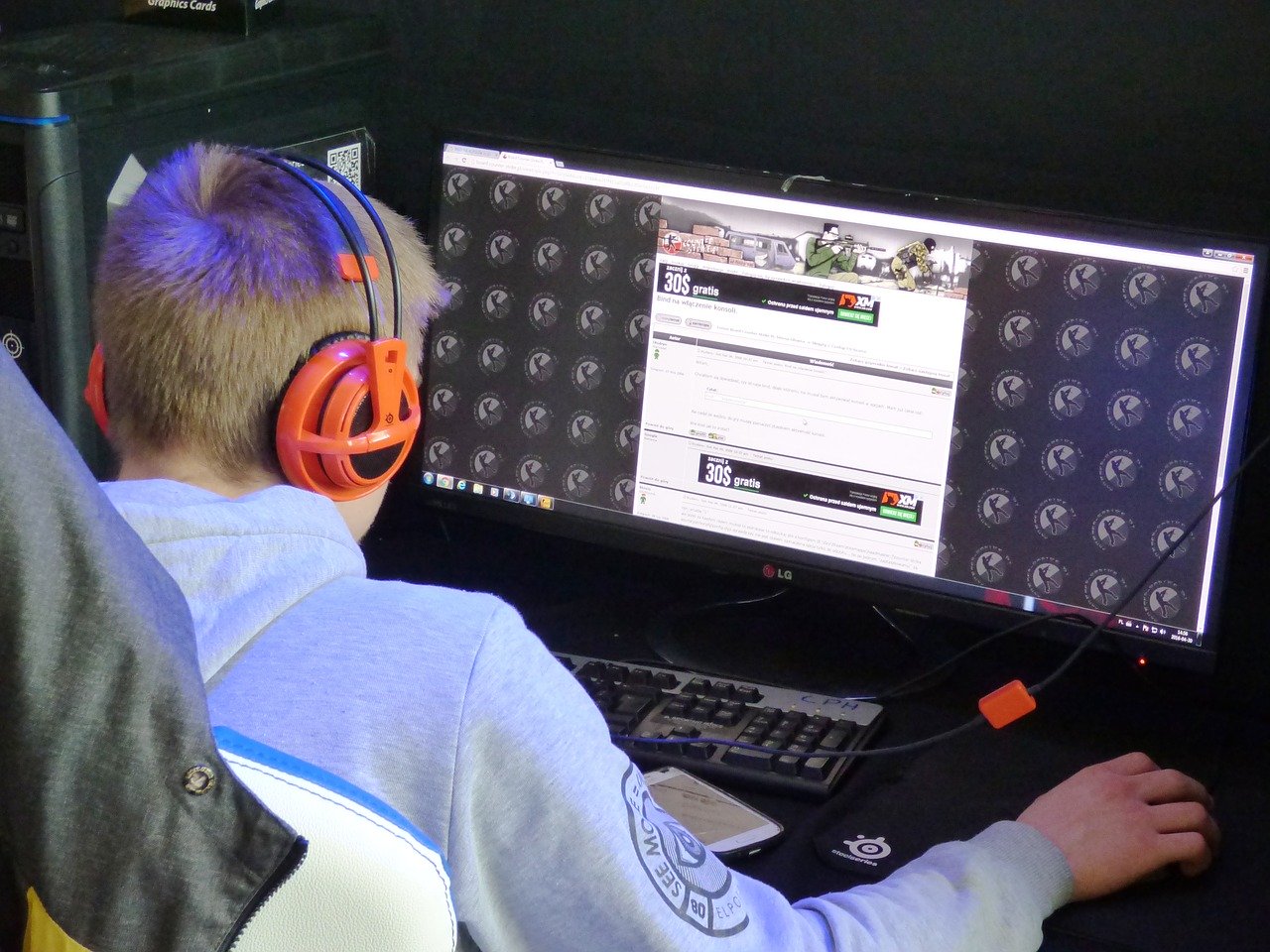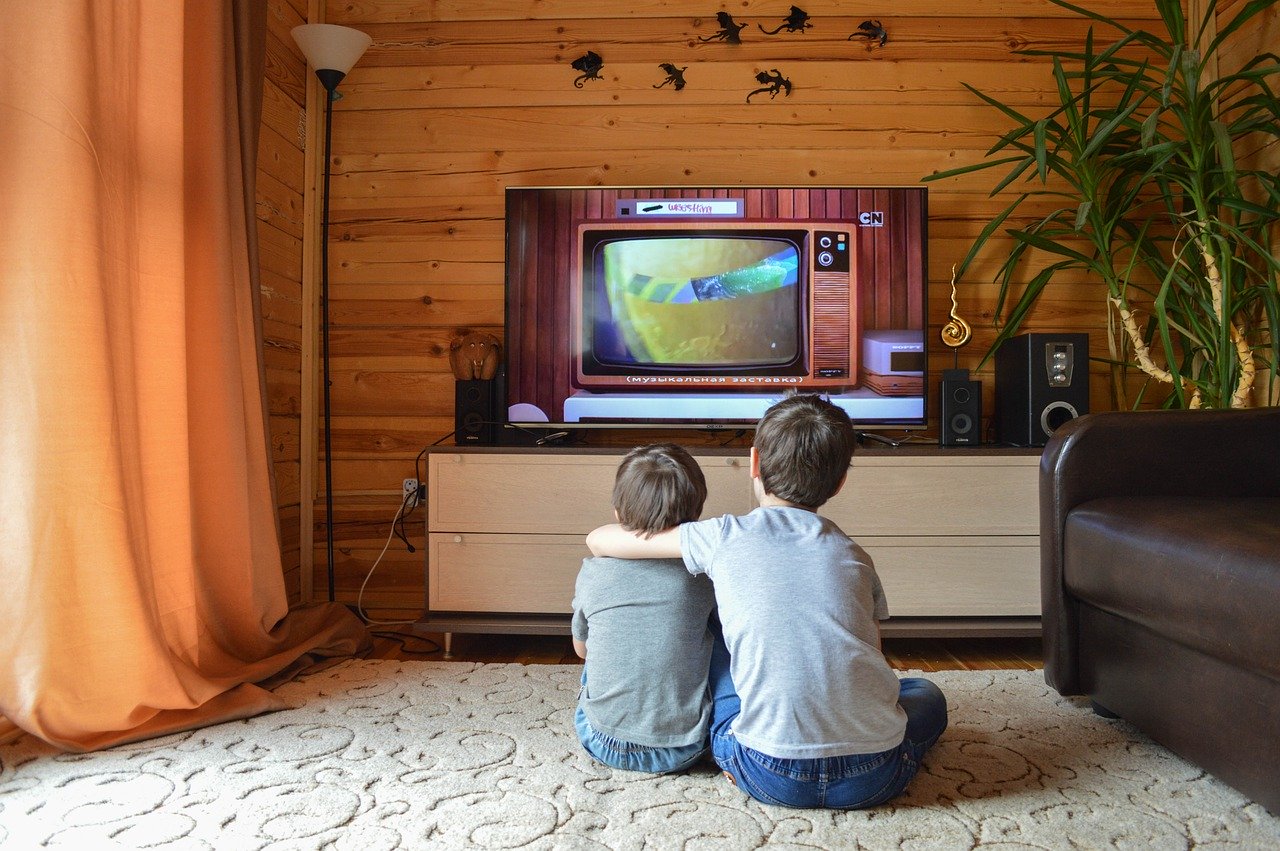In March 2020 researchers from Canada published the results of their study to assess whether a non-active lifestyle or sleep predicted lipid profiles in children over a 2-year period. A … Read more
Greater screen exposure and less caregiver-child play in the first year of life appears to be associated with autism spectrum disorder-like symptoms in toddlers at 2-years of age but not with risk of autism spectrum disorder
In April 2020 researchers from the USA published the results of their study to assess the association between learning through first-hand experience, including social activities and screen viewing in the … Read more
Increased screen time, particularly computer use, appears to be associated with a small increased risk of anxiety and depression in young adults
In January 2019 researchers from the UK published the results of their study to assess the association between screen use and anxiety and depression in young people. A total of … Read more
Adolescent girls who watch television with high levels of relational aggression, eg soaps, reality television, etc, appear to send texts with a higher level of aggression whereas for boys it is the time they spend watching television in general which appears to predict the level of aggression in texts
In May 2019 researchers from the USA published the results of their study to assess the association between relational aggression on television and relational aggression in text messaging. Relational aggression, … Read more
Reducing computer/video game usage and increasing physical activity may improve depression, anxiety and social phobia symptoms in adolescents
In January 2019 researchers from the USA published the results of their study to assess whether television viewing and computer/video game usage had any effect on major depressive disorder, generalized … Read more
Moderate physical activity, watching television/movies for less than 3 hours/day and sitting for under 8.5 hours/day in total reduces the risk and progression of atherosclerosis
In February 2019 researchers from the USA published the results of their study to assess the association between sedentary behavior and physical activity on risk of atherosclerosis in a Mexican … Read more
Face-to-face interaction is required for young children to develop an understanding of emotions, with a greater amount of time spent watching television in girls and on gaming in boys leading to a reduced understanding of emotions
In September 2019 researchers from Norway published the results of their study to assess the association between screen usage and a child’s understanding of emotion. (Emotion understanding is generally defined … Read more
Night time media use may contribute to sleep problems and symptoms of anxiety and depression in adolescents with attention deficit/hyperactivity disorder
In November 2018 researchers from the USA published the results of their study to assess the association between night time media use and sleep problems and internalizing symptoms (ie depression, … Read more
Sleep and dietary patterns, technology and internet usage, perinatal factors, breastfeeding, birth delivery mode and exercise all appear to have an effect on the amount of impulsive behaviour seen in children and adolescents with attention deficit/hyperactivity disorder
In September 2019 researchers from Spain published the results of their study to assess the association between weight, birth attributes, exercise and sleep habits, dietary intake and impulsive behaviour in … Read more
Greater technology use appears to be associated with more sleep-wake problems and less time in bed in all adolescents, but the association between the amount of technology usage and teacher-rated daytime sleepiness only appears to be seen in adolescents with attention deficit/hyperactivity disorder
In June 2019 researchers from the USA published the results of their study to assess the differences in types and amount of technology used by adolescents and its association with … Read more
Scientists, public health practitioners and parents need to better understand the content of their child’s screen time, how they use screens to fulfill specific needs, and how their interaction with screens has an impact on their health and choices
In May 2020 researchers from the USA published their review on the association of extended television viewing with obesity in adolescents. The researchers stated that on a global basis, adolescent … Read more
Scientists, public health practitioners and parents need to better understand the content of their child’s screen time, how they use screens to fulfill specific needs, and how their interaction with screens has an impact on their health and choices
In May 2020 researchers from the USA published their review on the association of extended television viewing with obesity in adolescents. The researchers stated that on a global basis, adolescent … Read more
Newer electronic devices, carpeted floors and more frequent vacuuming and dusting appear to be associated with lower levels of flame retardant chemicals found in house dust
In December 2018 researchers from The Netherlands published the results of their study to identify factors in the home environment that are associated with levels of fire retardant chemicals in … Read more
Mental health issues in adolescence are linked to compliance to lifestyle recommendations in childhood, with a greater compliance to recommendations for diet, physical activity, sleep, and sedentary behaviour leading to fewer mental health issues
In May 2019 researchers from Canada published the results of their study to assess the association between meeting established recommendations for diet, physical activity, sleep, and sedentary behavior in childhood … Read more
Reduced physical activity with a greater sedentary lifestyle appears to increase the risk of ear, nose and throat medical conditions in children and adolescents
In February 2020 researchers from Poland published the results of their study to assess the association between physical activity with the development of ear, nose and throat medical conditions. Information … Read more
Lack of exercise and drinking carbonated drinks/soda increase the risk of obesity in both male and female adolescents
In February 2020 researchers from the USA published the results of their study to assess how obesity and trying to lose weight are associated with: (1) up to 5 physically … Read more
There appears to be a significant association between increased screen viewing time and reduced sleep duration in young children, with the association being stronger in those aged 6 months and below
In January 2019 researchers from Singapore, USA and Germany published the results of their study to assess the association between screen viewing time and sleep duration in children aged 2 … Read more
Outdoor activity reduces the risk of childhood near/short sightedness
In May 2019 researchers from the USA published their review on the cause of near/short sightedness in childhood. Today’s popular press is filled with reports of children’s digital device use … Read more
Physical activity and screen time are both associated with sleep quantity or sleep quality in adolescents
In April 2019 researchers from the USA published the results of their study to assess the relationships between physical activity, screen time, and sleep quantity and quality in adolescents. A … Read more
The amount of screen time is linked to the level of depressive symptoms in adolescents
In July 2019 researchers from Canada and Australia published the results of their study to measure the association between screen time and depression. Information on social media, television, video gaming … Read more




















